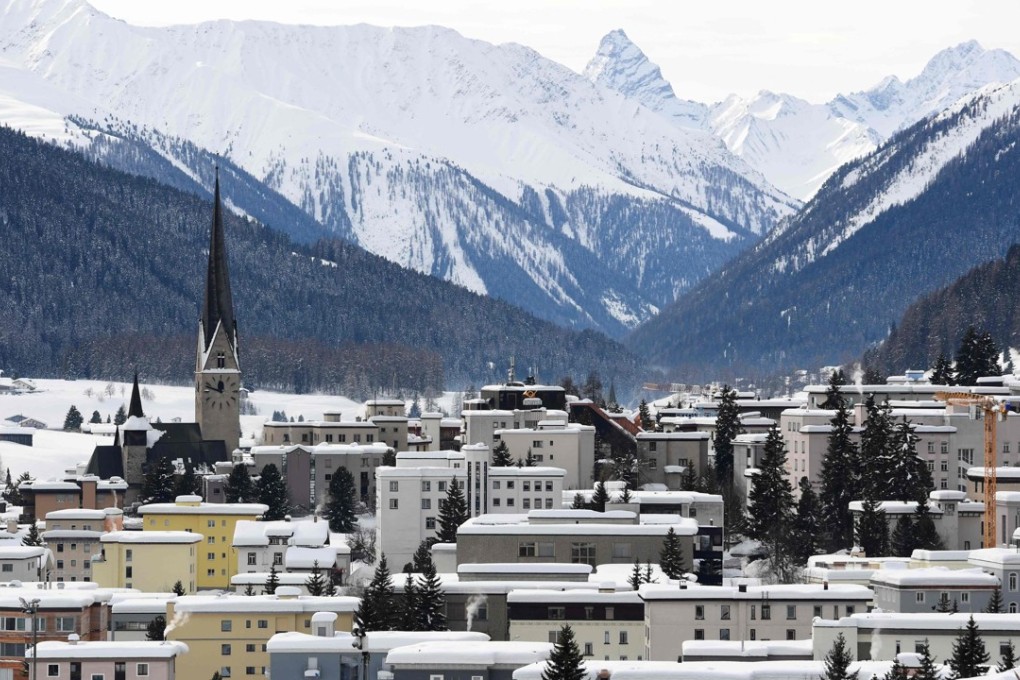China Briefing | One year on, it is time China delivered on Xi’s Davos speech
The Chinese president’s championing of globalisation in 2017 loomed large over the appearances of Liu He and Donald Trump at this year’s World Economic Forum. But China must deliver soon – or his words will ring hollow

“Pursuing protectionism is like locking oneself in a dark room,” he said. “While wind and rain may be kept outside, the dark room will also block light and air” and, “No one will emerge as a winner in a trade war.”
Here’s how to beat fake data about the Chinese economy
For this year’s Davos, Xi sent his most trusted economic adviser, Liu He, to continue China’s cheerleading for free trade and investment. Liu did not electrify the audience as Xi did but promised foreign business leaders that China would continue on its path of reform and opening up with measures in the pipeline this year that would “exceed expectations of the international community”.
WATCH: Xi Jinping’s right-hand man says China’s economy will continue to open up
Although the attention centred on Trump at Davos this time when he tried to reassure business leaders that “America first does not mean America alone”, some international media outlets still called China the real star, saying it had stolen the show from Trump.
That certainly fitted the narrative trumpeted by the Chinese state media, albeit for completely different reasons and purposes.
In the run up to and during this year’s Davos, media on the mainland appears to have been living in a time warp.
WATCH: Trump in Davos for World Economic Forum
Leading the front pages and home pages were articles, interviews, and commentaries praising the wisdom and significance of Xi’s Davos speech on its one year anniversary. Chinese journalists went to great lengths to seek out participants in this year’s forum to comment and reflect on last year’s speech.
